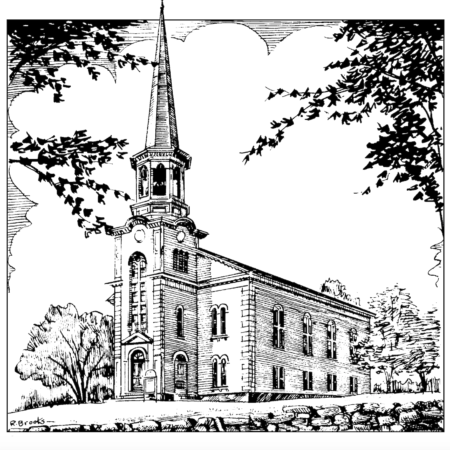Faith is about Dialogue, Growth, and Change
John 4:5-15
5So he came to a Samaritan city called Sychar, near the plot of ground that Jacob had given to his son Joseph. 6Jacob’s well was there, and Jesus, tired out by his journey, was sitting by the well. It was about noon. 7A Samaritan woman came to draw water, and Jesus said to her, “Give me a drink.” 8(His disciples had gone to the city to buy food.) 9The Samaritan woman said to him, “How is it that you, a Jew, ask a drink of me, a woman of Samaria?” (Jews do not share things in common with Samaritans.) 10Jesus answered her, “If you knew the gift of God, and who it is that is saying to you, ‘Give me a drink,’ you would have asked him, and he would have given you living water.” 11The woman said to him, “Sir, you have no bucket, and the well is deep. Where do you get that living water? 12Are you greater than our ancestor Jacob, who gave us the well, and with his sons and his flocks drank from it?” 13Jesus said to her, “Everyone who drinks of this water will be thirsty again, 14but those who drink of the water that I will give them will never be thirsty. The water that I will give will become in them a spring of water gushing up to eternal life.” 15The woman said to him, “Sir, give me this water, so that I may never be thirsty or have to keep coming here to draw water.”
Historical Context
For centuries, Samaritans and Jews occupied neighbouring lands and practiced similar religions while actively expressing feelings of animosity toward one another. The origin of the Samaritan people remains a mystery, but suffice it to say that ancient Jewish explanations of Samaritan origins were overwhelmingly negative. The Jewish-Samaritan enmity climaxed in 128 BCE when John Hyrcanus, high priest and ruler of the Jews, destroyed the capital city of Shechem and razed the Samaritan temple on Mount Gerazim to the ground. It is not surprising, then, that these groups remained bitter enemies at least until the first century CE.
Theme: Faith is about Dialogue, Growth, and Change
The Samaritan woman at the well is not a passive recipient of Jesus’ offer. She immediately recognizes the societal barriers and boundaries that keep her in her place (4:9) but at the same time challenges Jesus’ authority over and against the ancestors of the faith (4:12). She first interprets Jesus’ words on a literal level, but she is able to ask for what Jesus has to offer rather than question the possibility (4:15).
She demonstrates what can happen when we actually engage in conversation and questions about our faith. The woman at the well shows us that faith is about dialogue, about growth and change. It is not about having all the answers. She responds to Jesus in such a way that leads Jesus to reveal his true identity to her, and in doing so, her own identity evolves. We learn from the Samaritan woman that in our own encounter with Jesus, not only are we changed, but that which God will reveal to us will change as well.


0 Comments